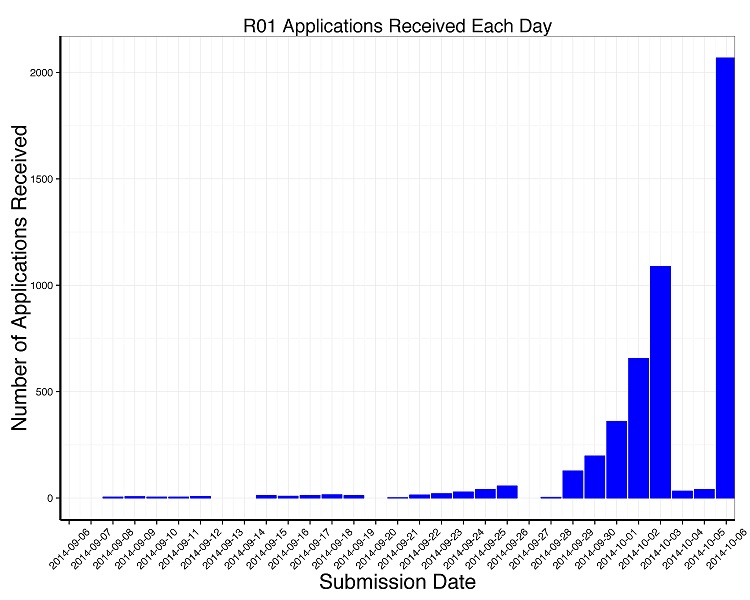Submitted Projects for March 2016
| College of Education Submitted Projects March 2016 |
|---|
| Principal Investigator: Richard Lind, Jr. (Mechanical & Aerospace Engineering) |
| Co-PI: Pavlo “Pasha” Antonenko (STL), Lisa Anthony (Computer & Information Science & Engineering) |
| Funding Agency: National Science Foundation |
| Proposal Title: EI: Enhancing Elementary Education by Infusing Integrated Engineering-Biology Concepts into Classrooms Using a Computing-Oriented Approach |
| Requested Amount: $187,226 |
| Principal Investigator: Christina Gardner-McCune (Computer & Information Science & Engineering) |
| Co-PI: Anne Corinne Huggins-Manley (SHDOSE) |
| Funding Agency: National Science Foundation |
| Proposal Title: EBP: Assessing Computational Thinking in 3rd – 6th Grade |
| Requested Amount: $84,162 |
| Principal Investigator: M. David Miller (SHDOSE) |
| Co-PI: N/A |
| Funding Agency: National Science Foundation |
| Proposal Title: Collaborative Research: CS10K: Improving Computer Science Teacher Capacity and Pipeline in Central Florida |
| Requested Amount: $158,637 |
| Principal Investigator: Kristy Boyer (Computer & Information Science & Engineering) |
| Co-PI: Aki Murata (STL) |
| Funding Agency: National Science Foundation |
| Proposal Title: EBP: Understanding and Supporting Collaborative Dialogue for Effective Computer Science Learning in Diverse Elementary School Classrooms |
| Requested Amount: $263,332 |
| Principal Investigator: Donald Pemberton (Lastinger Center for Learning) |
| Co-PI: N/A |
| Funding Agency: Childcare Aware of America |
| Proposal Title: Childcare Aware Courses |
| Requested Amount: $1,134,795 |
| Principal Investigator: Philip Poekert (Lastinger Center for Learning) |
| Co-PI: Susan Butler (STL), Shaundra Daily (Computer & Information Science & Engineering) |
| Funding Agency: National Science Foundation |
| Proposal Title: DD: FACTOR: Fostering a Community of Learners to Support Computational Thinking |
| Requested Amount: $2,497,556 |
| Principal Investigator: Philip Poekert (Lastinger Center for Learning) |
| Co-PI: N/A |
| Funding Agency: Orange County Public Schools |
| Proposal Title: Orange County Certified Coaching |
| Requested Amount: $103,604 |
| Principal Investigator: Albert Ritzhaupt (STL) |
| Co-PI: Walter Leite (SHDOSE), Rachael Elrod (Education Library) |
| Funding Agency: National Science Foundation |
| Proposal Title: DD: Technology – Rich Advanced Placement Computer Science Principles for K-12 eBook: Developed by Teachers for Teachers (TRACK.12-T4T) |
| Requested Amount: $2,252,886 |
| Principal Investigator: Albert Ritzhaupt (STL) |
| Co-PI: Kara Dawson (STL) |
| Funding Agency: National Science Foundation |
| Proposal Title: CS10K: High School Teachers Enact Technological-Pedagogical-Content Knowledge (TPACK) in the Design and Development of Educational Software |
| Requested Amount: $982,048 |
| Principal Investigator: Dmitry Kopelevich (Chemical Engineering) |
| Co-PI: Albert Ritzhaupt (STL) |
| Funding Agency: National Science Foundation |
| Proposal Title: Research Initiation: Integration of Classroom, Laboratory, and Online Instruction for a Core Chemical Engineering Course |
| Requested Amount: $41,262 |






